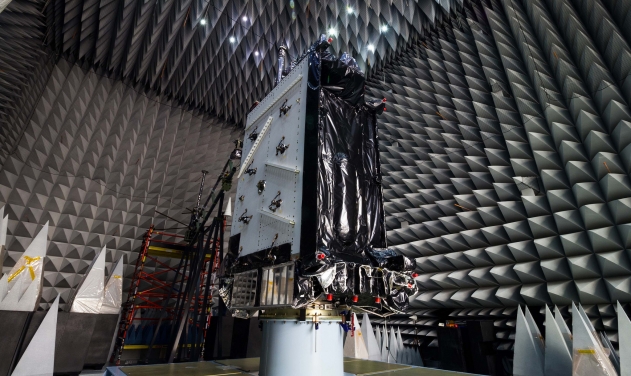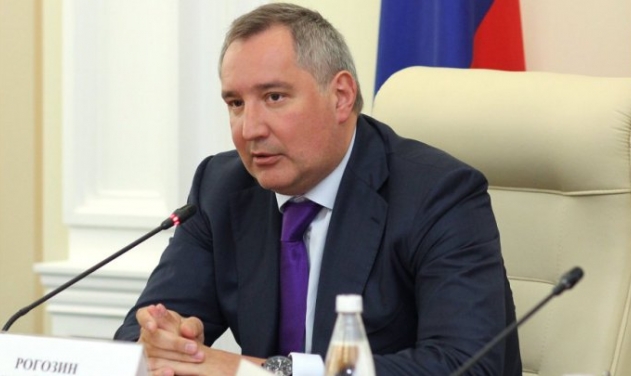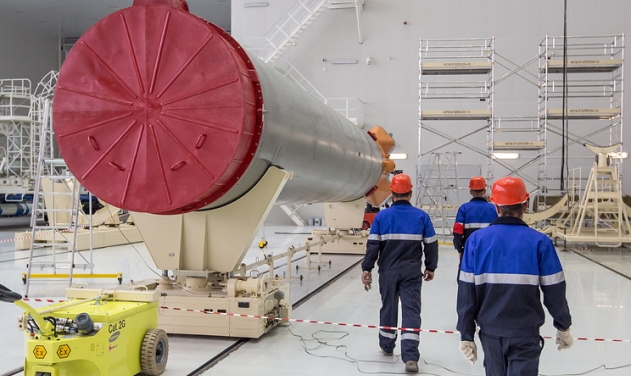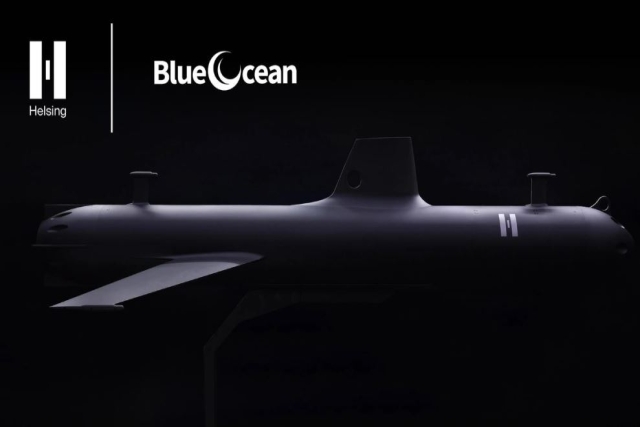Roscosmos Announces Cause of the Soyuz-FG Rocket Aborted Launch
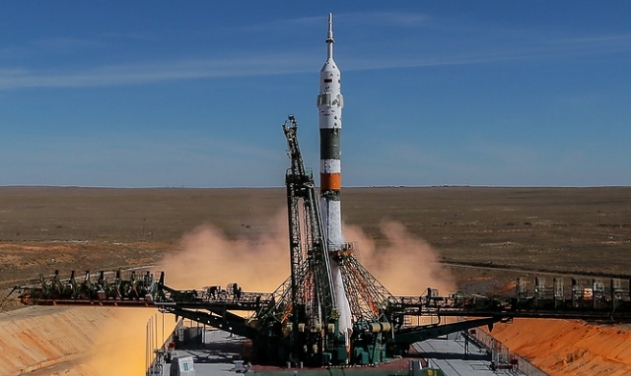
A preliminary investigation into the Soyuz-FG booster rocket’s aborted launch earlier this week has revealed that it was caused by collision of elements during the separation of the carrier rocket’s first and second stages, Roscosmos Executive Director for Manned Flights Sergei Krikalyov said on Friday.
"The primary cause is related to the collision of a side element making part of the first stage. A collision occurred during the separation of the first and second stages," the Roscosmos official said, TASS reported.
A Soyuz-FG carrier rocket with a manned Soyuz MS-10 spacecraft blasted off from the Baikonur spaceport in Kazakhstan to the International Space Station (ISS) on Thursday.
The manned spacecraft carried Russian cosmonaut Alexei Ovchinin (the commander of the Soyuz MS-10) and NASA astronaut Nick Hague. The Soyuz booster aborted after its launch, after which the crew switched to the mode of a ballistic descent. The manned Soyuz MS-10 spacecraft landed in the Kazakh steppe.
This is the first incident with the Soyuz-FG type rockets in 35 years of space flight.
A deviation from the standard trajectory occurred and apparently the lower part of the second stage disintegrated. The rocket stopped its normal flight and after that the automatic system did its work," Krikalyov said.
The dates of launches of a cargo spacecraft Progress MS to the International Space Station may be revised following the failure of the Soyuz-FG rocket. "Possibly, we may revise the date of launching the next cargo spacecraft. Possibly, we will speed up the launch of the next Soyuz. Different versions of the program are being considered," Krikalyov said.
The results of the government probe into the causes of the Soyuz-FG rocket’s failure will be available later this month, after October 20. "The panel of inquiry got down to work yesterday. The results are expected after October 20. The first components found in Kazakhstan’s steppe will help find out what happened. The necessary measures will be taken afterwards and flights will be continued," Krikalyov said.
He added that all rockets of this class will be authorized for use again only when the causes of the failure were clear.
